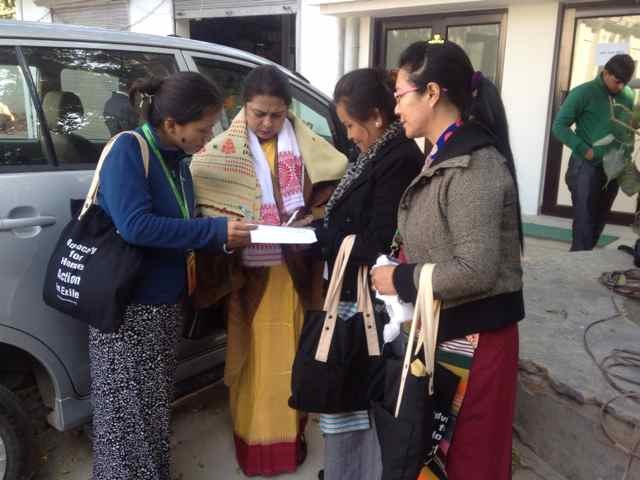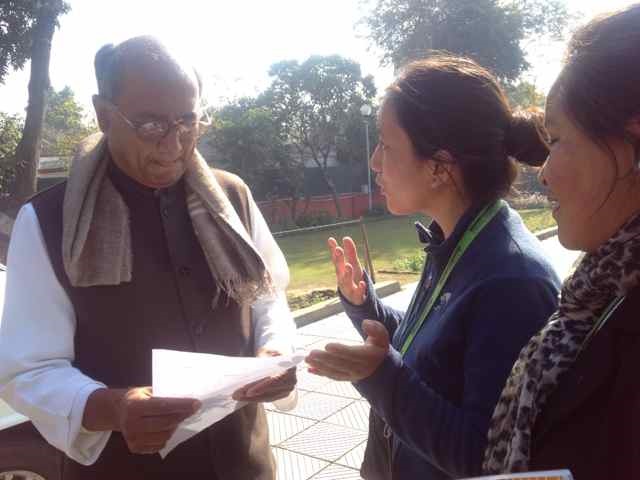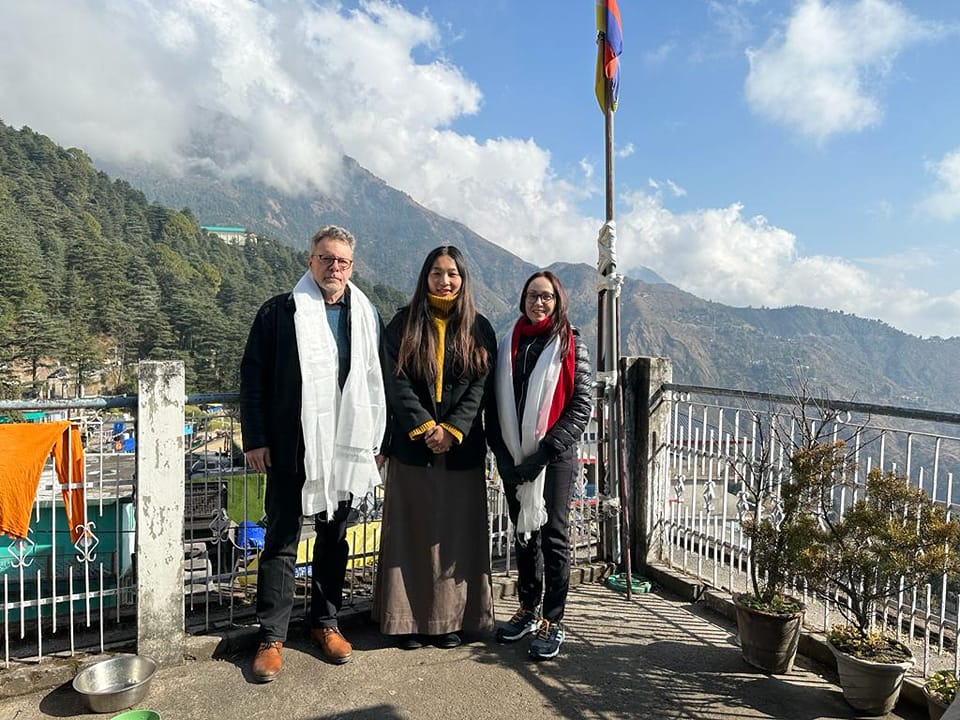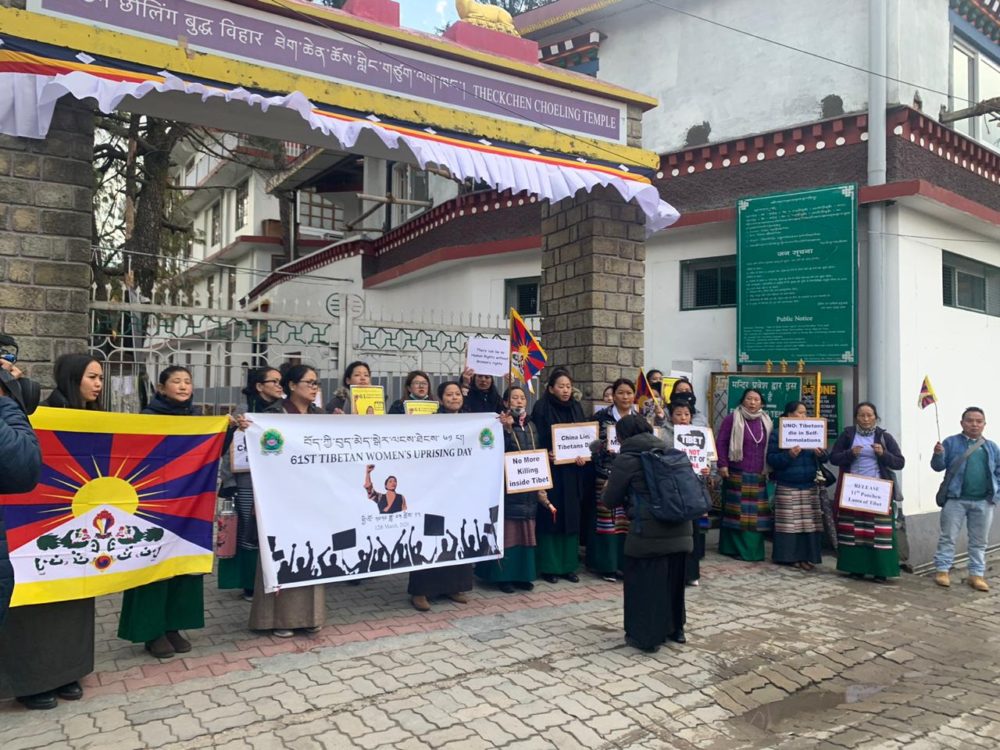El Pais, a leading Spanish daily reports on the ‘December 26 Lobby campaign’ by the Tibetan Women’s Association
English Translation by CAT:
El País, 31st January 2014
Alejandra Agudo
International pressure against the reform to universal jurisdiction in Spain
The Tibetan Women’s Association (TWA) obtains the support of Indian
politicians and lawyers in urging the Spanish Government to stop the
reform that would prevent crimes against their country being judged.

The Tibetan Women’s Association (TWA) has launched a campaign to put
pressure on the Spanish Government to “maintain judicial independence”
and not to reform the Organic Law of Judicial Power (LOPJ) that, with
its proposed wording, would limit the principle of universal justice,
and in doing so, result in closing a dozen lawsuits, including the
case under investigation in the Audiencia Nacional against senior
Chinese Communist Party officials for genocide in Tibet.
The campaign by this NGO – which with 16,000 members is the second
most important pro-Tibetan support group – has borne fruit, and a
dozen Indian politicians and judicial representatives have signed this
association’s letter of appeal. Signatories include Shri Bhakta Charan
Das, M.P. for India’s majority Congress Party, Smt Meenakshi Lakhi,
lawyer, politician and spokesperson for the Bharatiya Janata Party
(BJP), Shri Dig Vijay Singh, secretary general of the All India
Congress Committee (AICC), and Shri Puran Mal Saini and Shri Ranbir
Yadav, members of India’s Supreme Court.

The letter they have sent to Mariano Rajoy and the “leaders of
European Union member states” reminds Spain of her “universal duty to
prevent and punish the most egregious human rights violations in
Tibet, as offences against all humanity”, and urges the Spanish
president to “resist China’s unacceptable pressure”.
“Spain was the last hope because it is the only country investigating
the crimes in Tibet”, declared Alan Cantos, director of the Comité de
Apoyo al Tíbet (CAT). “But it is not just about Tibet; there is
serious concern about a domino effect, and that other countries might
also begin to restrict universal justice,” he added, “and the only way
the victims have of obtaining justice is in the national courts,
because the International Criminal Court (ICC) cannot investigate
crimes in countries that have not signed the Treaty of Rome, nor
crimes committed prior to its foundation in 2002.”
The CAT has also begun its own international campaign for the Spanish
Government to change its plans. They are collecting signatures (at
present they have about 3,000) that they wish to present to the
European Parliament at a meeting they will have shortly with members
of that Parliament. “We want to warn how China is virtually
controlling both the internal and foreign policies of countries within
the European Union”, he explains.
Cantos has also announced that his organisation “will take all
judicial means” to stop the reform to universal jurisdiction “before,
during and after its approval”. He confirmed that in the case of the
reform ultimately going ahead, they would take the matter to the
Constitutional Court. The director of the CAT hopes that the case
under investigation will continue and, if possible, faster than
before. He has asked Ismael Moreno, the judge in charge of the case,
to issue the order for the accused to declare. But while the
Government is moving like lightning to close the case for genocide in
Tibet – the reform could come into effect in as little as two months’
time – the court is proceeding at a snail’s pace.
link to the original story in Spanish:
http://elpais.com/elpais/2014/



